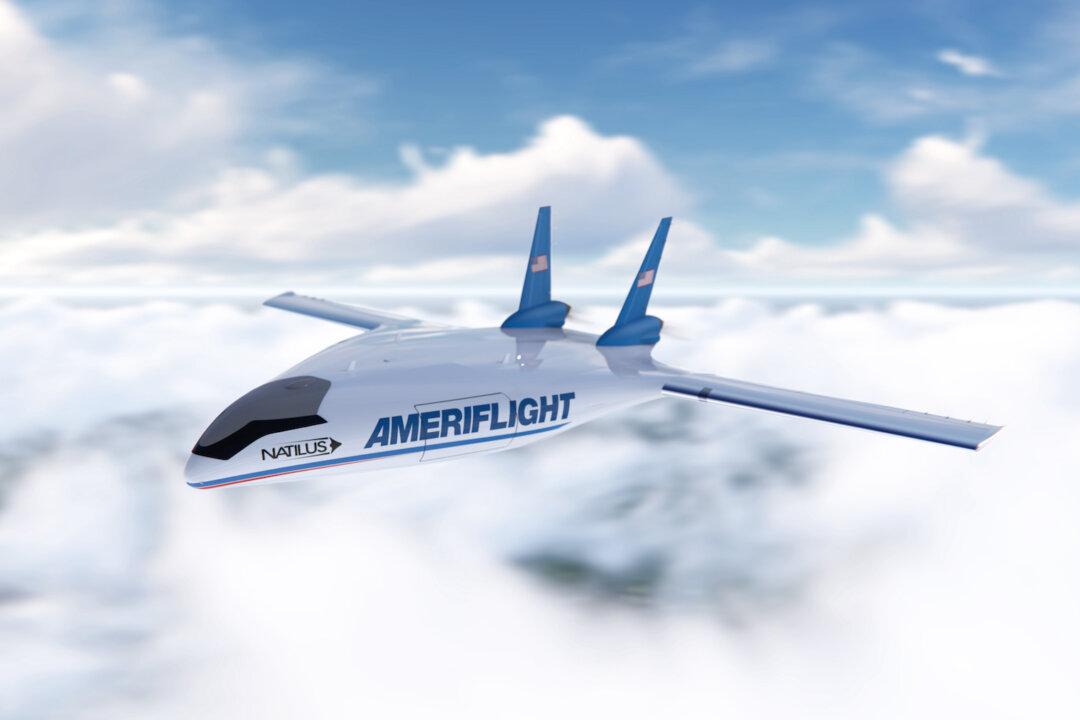Cargo carrier Ameriflight has announced its $134 million deal to buy 20 autonomous regional freight aircraft from San Diego-based Natilus.
The conditional purchase agreement marks Natilus’ first sale of its Kona 3.8T blended-wing-body (BWB) remotely-piloted aircraft to a U.S.-based company, according to a news release.





